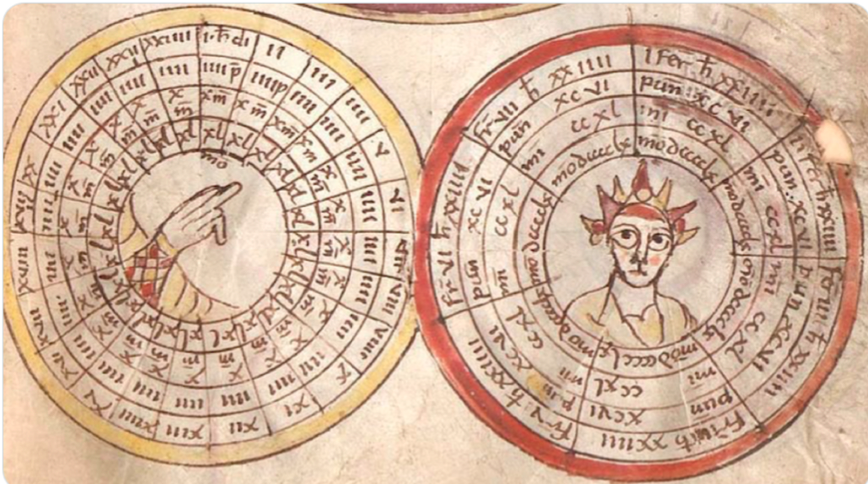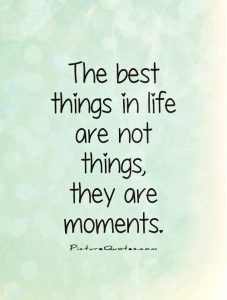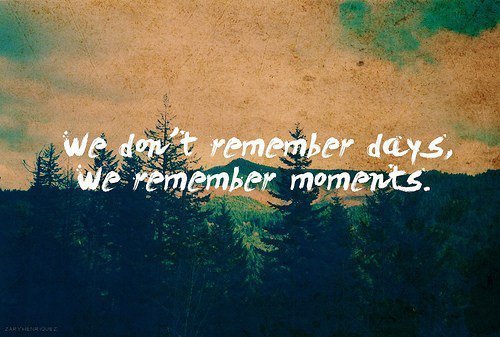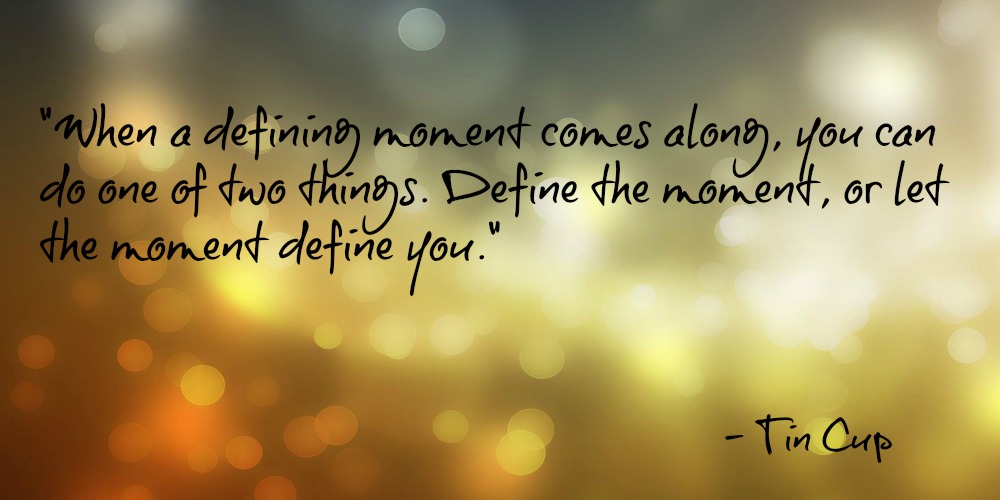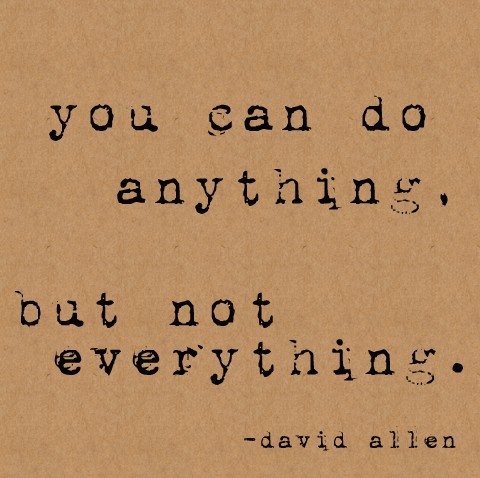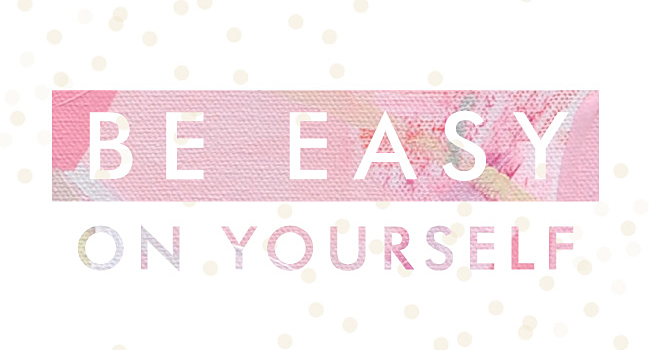3 February 2019 by Lisa Melonçon

When I was growing up, my siblings and I went to my maternal grandparents every summer for several weeks. They lived in Bridge City, Texas. We were a bit too much for my grandmother to handle so the majority of days, we were handed over to my Grandad.
After he retired from the refinery, he went to work with his brother, my great uncle Rob, down at the fish camp. He would take us on down to the lake, and he pretty much let us run wild. There were hard and fast rules that we knew we couldn’t break, which all these years later were rules to making sure we didn’t hurt ourselves or each other. But otherwise we pretty much lived a dream of fishing and crabbing and playing in the water and “helping out.”
At least once, Granny would come down and we would go out in a boat to swim in the intercoastal waterway. I remember being scared one of those first times cause I couldn’t touch the bottom with my toes. Grandad said, of course, I could touch the bottom. But the perspective of the where the bottom had definitely changed.
I’ve been thinking about his take on perspective a lot lately. It’s perspectives that help us understand and empathize and sympathize with those around us. It’s perspective that helps us be kind and offer grace. It’s perspective that also helps us to get through the day as we parse the things we need to do and want to do.
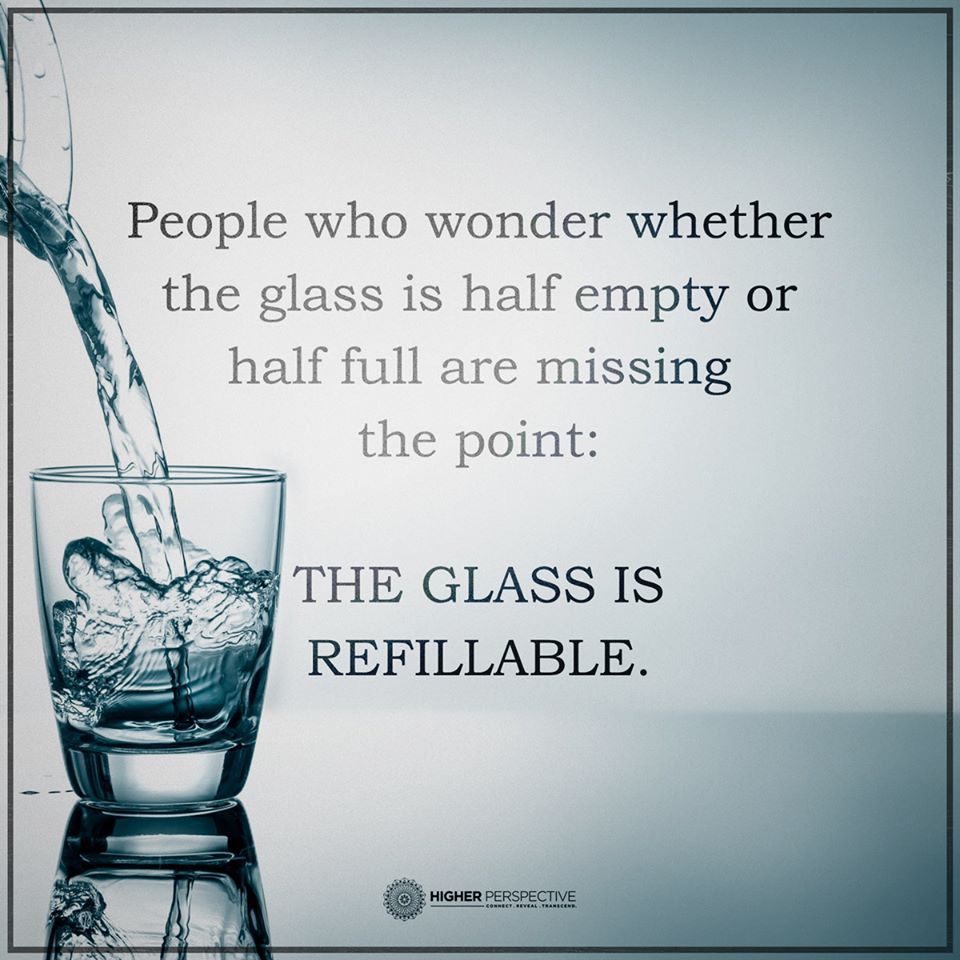
We are at varying parts of our terms: from just started to week four or so. But no matter where you fall in the range, we can always use a dose of perspective. Cause for those of us who started a few weeks ago, this point in is probably telling us that our perfectly laid plans for the term—no matter how hard we worked at it—have some problems. Or if you’re just starting, you’re trying to make peace with the fact that you didn’t get everything done you wanted to. If you’re somewhere in between, you’re probably vascillating between, “I am so on top of things,” to “how did this go wrong so fast?”
It’s good to remind ourselves that there is a bottom and you can feel it with your toes. But sometimes that reminder is hard. So here are a few tips to help:
Find someone to listen
Often times it’s so helpful to just talk through life. This is also good because your choices and decisions can be affirmed and discussed. The process of opening ourselves up and being vulnerable and transparent with someone often gives us a new perspective in return.
Quiet reflection
For me the next step after talking things through is making the time to really reflect on what it is that is bothering me or happening or needs to be done. Reflecting allows the opportunity to try to get at the heart at what may be wrong and how to shift our reaction—our perspective—to it.
Move things about
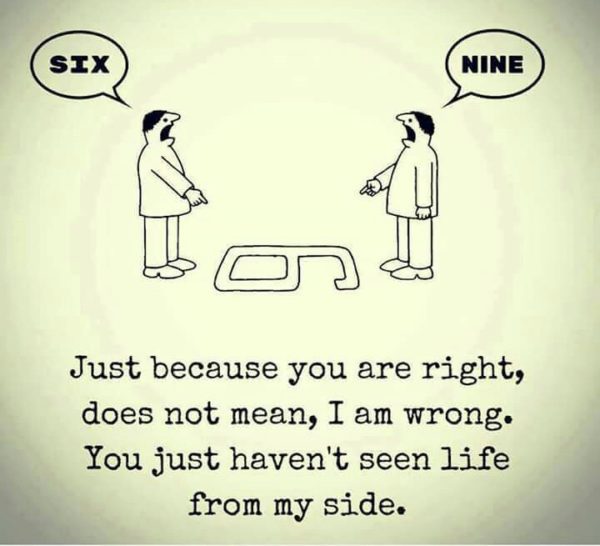
Either move yourself or physically move things about typically helps in seeing things differently. The physical, material movement of things can shift a perspective just enough for you to make progress or at the least to know how to make progress.
Focus on the things you can control
There’s way too much going on around us (in the world and in our immediate lives) to focus on everything at once. Sometimes it is useful to narrow the focus to those things that you can control. Shifting perspectives in this way helps us regain our power and move past things that can paralyze us into inaction.
Be easy on yourself
The takeaway of the blog post from last month is that you need to be easy on yourself. Removing this added stress often can open up space for you to think more freely about things you may need or want to change.
Whether it’s the snowball effect or just life, it’s not uncommon for us to go back and forth from feeling overwhelmed to needing to regain our balance. This job is hard. It has a number of competing demands and we consistently have to figure out how to balance this job with our lives and interests.
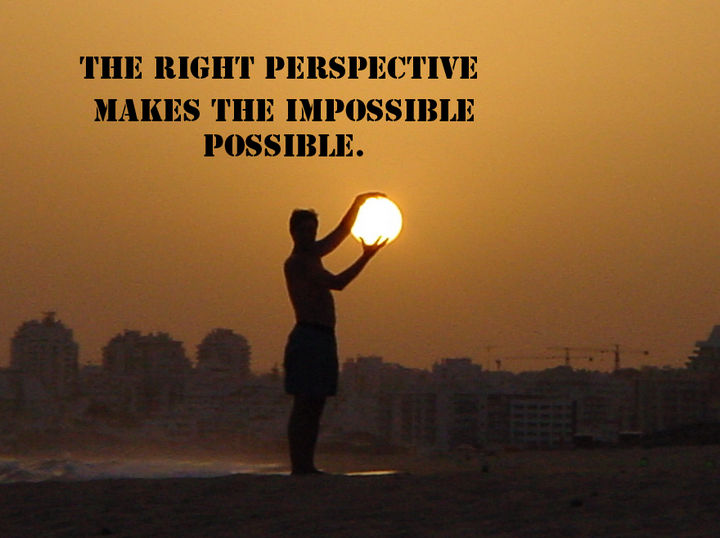
Anytime I start to panic, I try to remember Grandad’s advice that I could indeed touch the bottom. It’s all in shifting your perspective. Good luck, and know that you are never alone. (link to reach out)
Wishing you health, peace, and joy.
